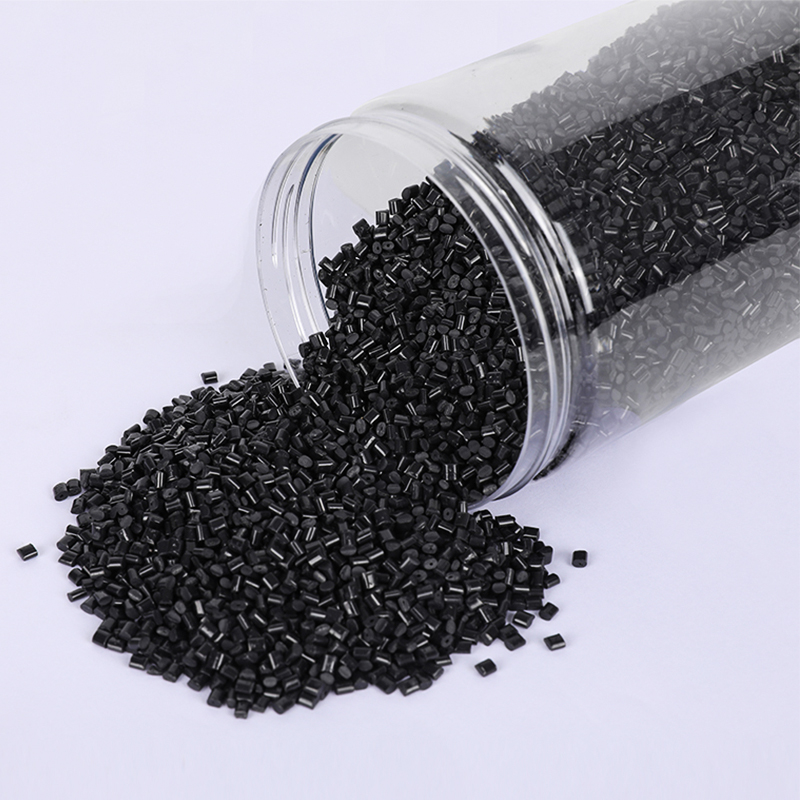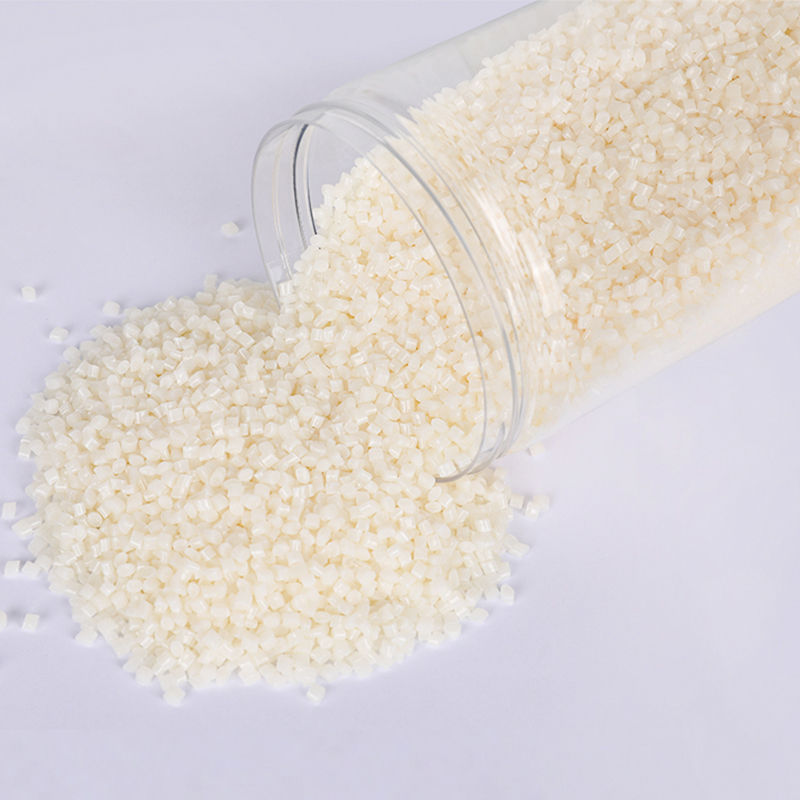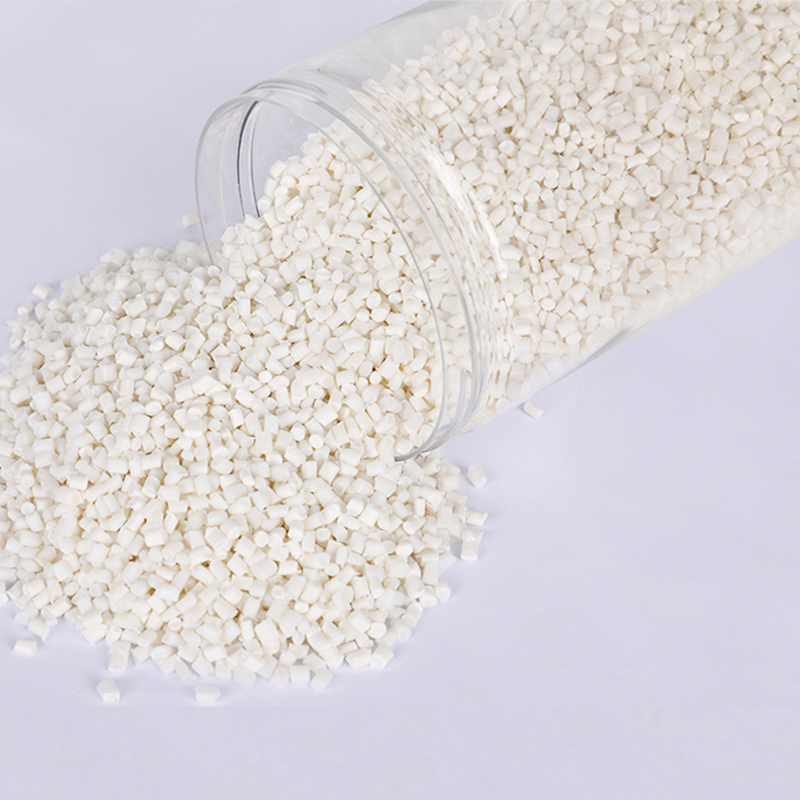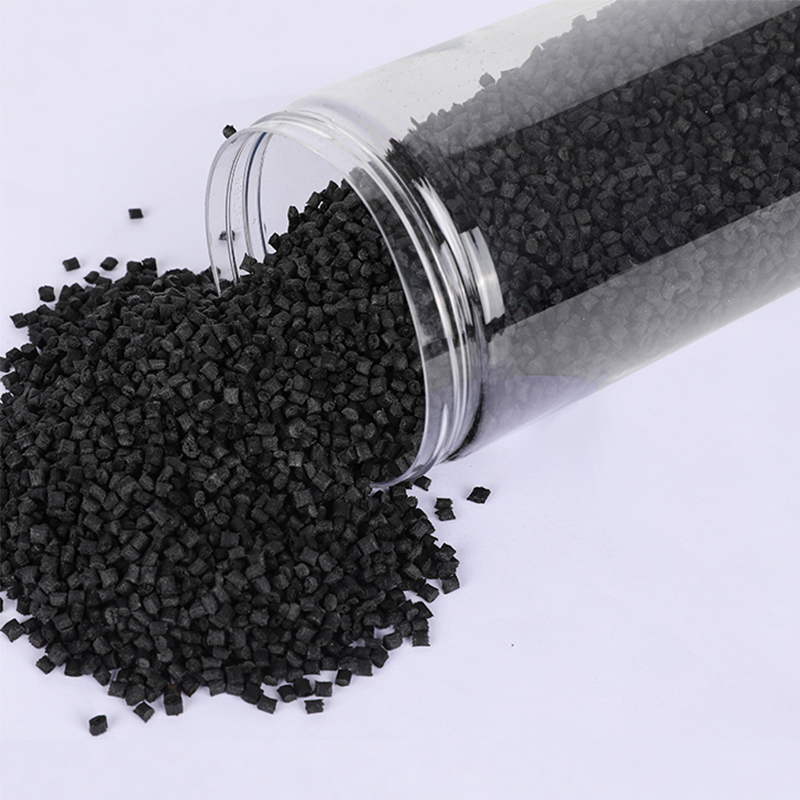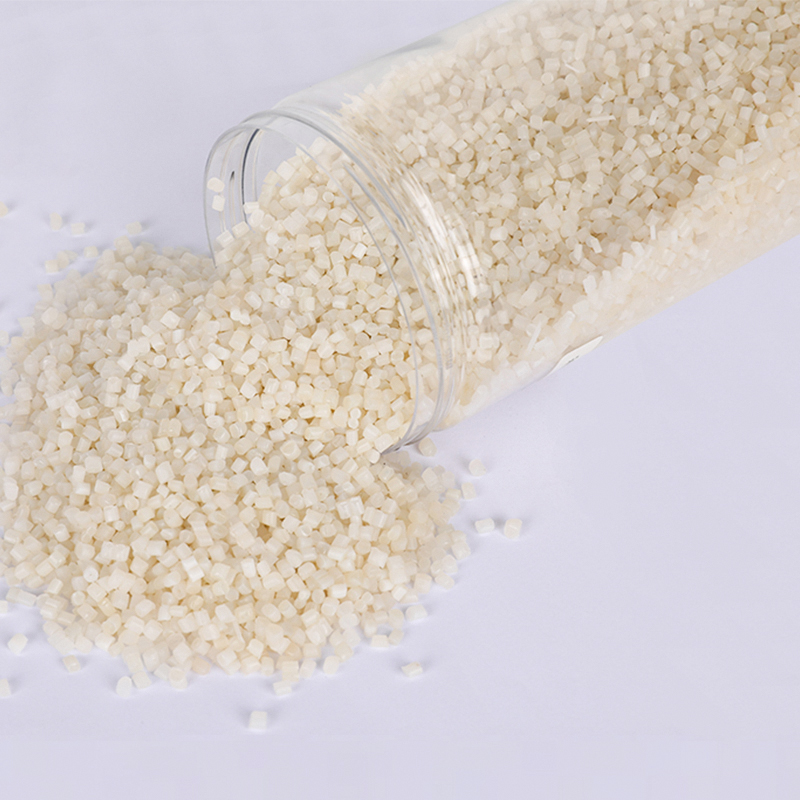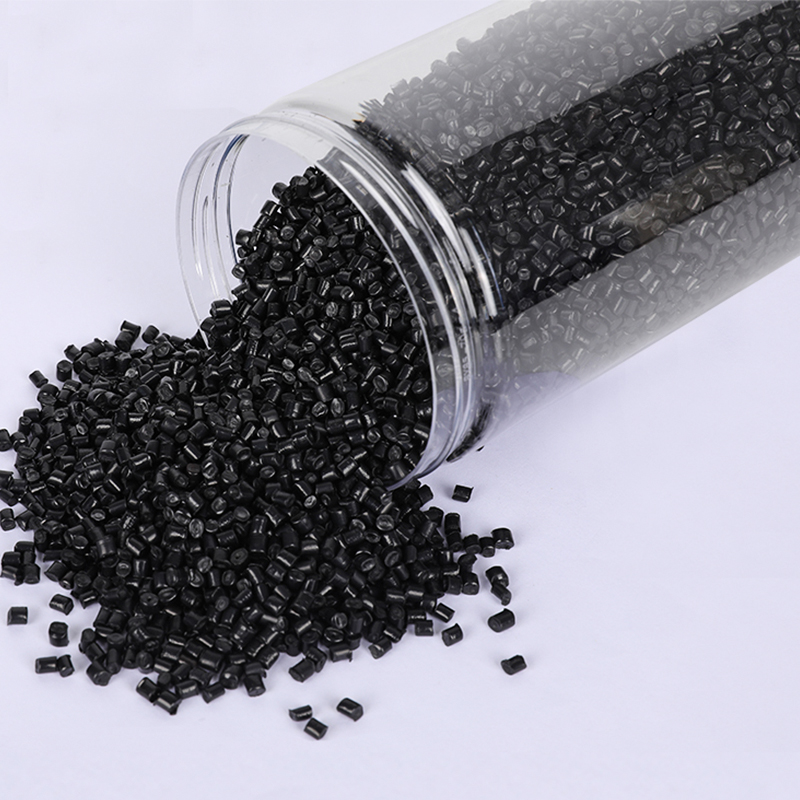Stay up to date with our recent products
Web Menu
Product Search
Exit Menu
Is Recycled Polypropylene Food Safe? Insights & Guidelines
Understanding Recycled Polypropylene
Recycled polypropylene (rPP) is derived from post-consumer or post-industrial plastic waste. It is widely used in packaging, containers, and household items due to its durability and chemical resistance. However, when it comes to food safety, understanding its properties and the recycling process is crucial.
Food Safety Standards for Recycled Polypropylene
Recycled polypropylene must meet specific regulatory standards to be considered safe for food contact. Authorities such as the U.S. Food and Drug Administration (FDA) and the European Food Safety Authority (EFSA) set guidelines for migration limits of chemicals into food. Only rPP that is certified compliant with these standards should be used in food containers.
Certification and Compliance
Look for the following certifications when assessing recycled polypropylene for food use:
- FDA 21 CFR 177.1520 compliance
- EU Regulation 10/2011 on plastic materials
- ISO 9001 and ISO 22000 for production quality control
Advantages and Limitations of Using Recycled Polypropylene
Recycled polypropylene offers sustainability benefits but has limitations in certain food applications.
Advantages
- Environmentally friendly by reducing plastic waste
- Durable and resistant to moisture and chemicals
- Can be molded into diverse food container shapes
Limitations
- Potential contamination if not properly sorted during recycling
- May not withstand repeated high-heat applications
- Limited transparency compared to virgin polypropylene
Safe Practices for Using Recycled Polypropylene with Food
To ensure safety, follow these practical guidelines when using recycled polypropylene containers for food storage:
- Always verify the manufacturer’s food contact certification
- Avoid using rPP containers for high-fat or acidic foods if not tested
- Do not use recycled polypropylene in conventional ovens
- Hand washing is preferable to reduce degradation
Comparison of Recycled vs. Virgin Polypropylene
| Feature | Virgin Polypropylene | Recycled Polypropylene |
| Food Safety | High assurance, easily certified | Requires testing and certification |
| Environmental Impact | Higher carbon footprint | Lower carbon footprint, sustainable |
| Durability | High | Slightly lower due to processing |
Conclusion
Recycled polypropylene can be food safe if it is properly sourced, processed, and certified according to regulatory standards. Consumers should prioritize certified rPP containers and follow safe handling practices to ensure that sustainability does not compromise food safety.
As China PCR Recycled Plastic Granules Factory, We always adhere to the experience and philosophy of "keeping up with the times, constantly innovating, developing efficiently, and cooperating for mutual benefit"

Address: No.11, Wangzhuang Section, Provincial Road 01, Daqiao New Area, Economic Development Zone, Haiyan County, Jiaxing City, Zhejiang Province, China
Phone: +86-18058285678
Fax: +86-0573-86868101
E-mail: [email protected]
SUNRISE GROUP(Overseas Exclusive Agent)
www.sunrisechemical.com
2024 ICIS Global Chemical Distributor Top 8
Export Sales Manager:Helen Zhang
Mob/Whatsapp: +86 19883063465
Email: [email protected]
Copyright © Jiaxing Anyiju Plastic Industry Co., Ltd. All Rights Reserved

 简体中文
简体中文 English
English

